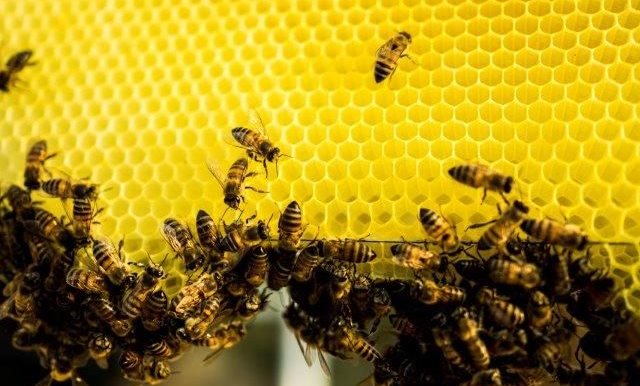In a bid to alleviate the impact of climate change, major biodiversity loss and ecosystem collapse, Nedbank Agriculture Western Cape has committed to planting 100 trees annually in line with the objectives of the Boland Trees for Bees Pledge Fund.

Image Supplied.
The indigenous tree-planting initiative aims to restore ecosystems and degraded forest areas by providing beneficial nectar and pollen sources for bees through reforestation – this will greatly benefit the reforestation needs of Greenpop’s Forests for Life programme in the Western Cape and Eastern Cape.
Daneel Rossouw, the divisional agriculture manager for the Southern division at Nedbank, says that this programme supports the focus of the bank on sustainability. "At Nedbank, we believe we have a significant role to play in driving sustainable development and in particular a responsibility to help the agricultural sector evolve to a more efficient and productive model through sustainable agricultural practices.
"Honeybees are critical to the food supply, as all agricultural food crops grown around the world depend on pollination, with bees responsible for the majority of this. In addition to their role in our food chain, the honeybee pollinates many of the other plants that serve as habitat and food sources for wildlife.
Educational opportunity
"This programme is unique as it does not just feed our honeybees: Reforestation plays a key role in carbon sequestration and supports the rehabilitation of our water catchment areas, which are critical biodiversity areas that are not sustainable without reforestation," says Rossouw.
Rossouw adds that this initiative provides an important educational and influencing opportunity, and is aligned with programmes Nedbank is involved with through partners such as the Nedbank WWF Green Trust and FoodForward SA. "Thus, another piece of the puzzle that sees the bank responding to the need to protect the ecosystems that we and our clients rely on."












































